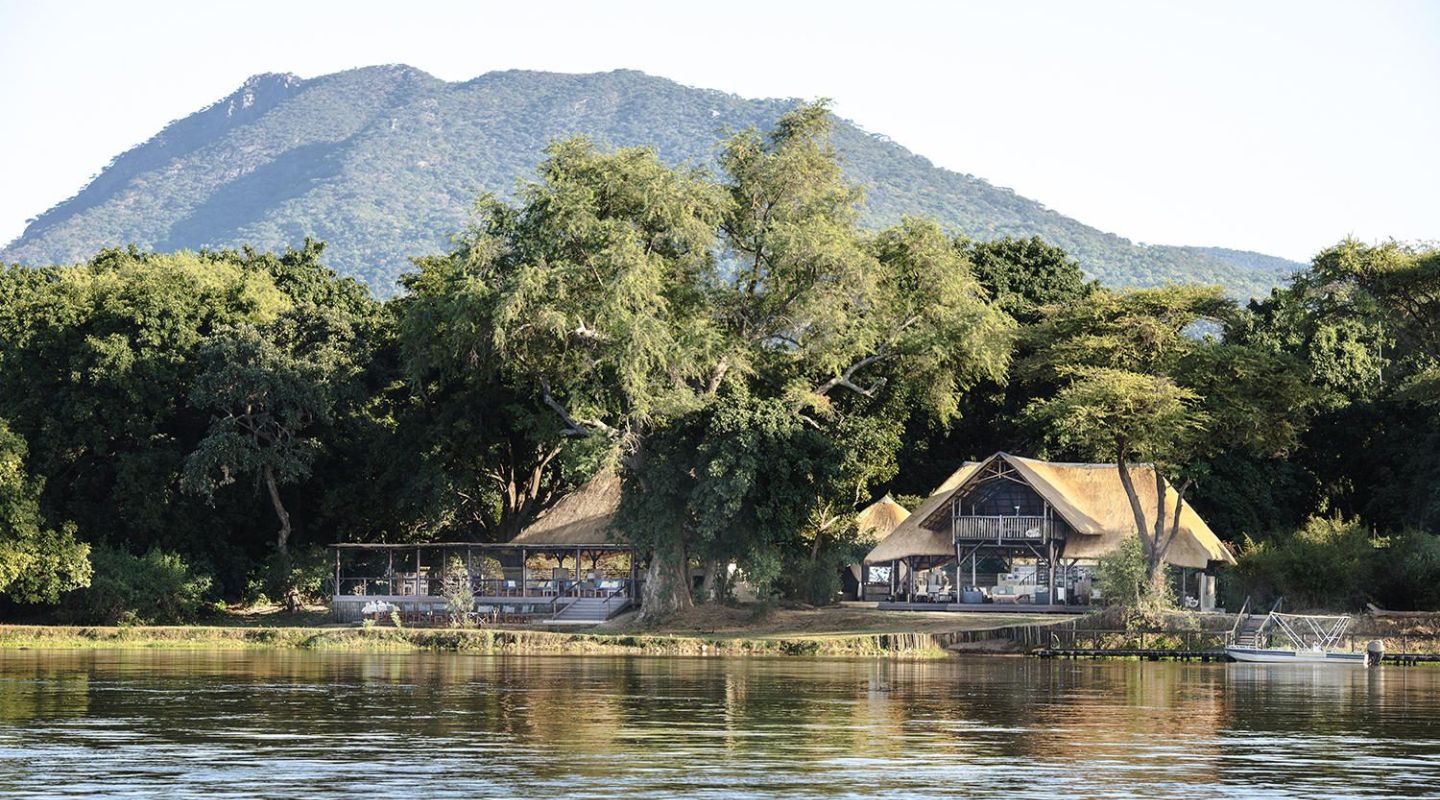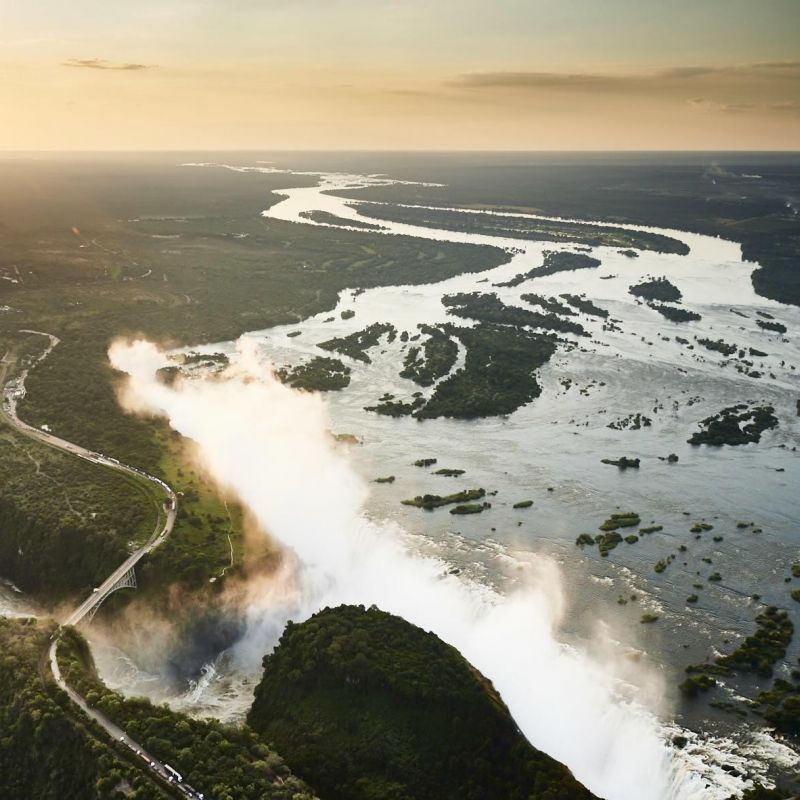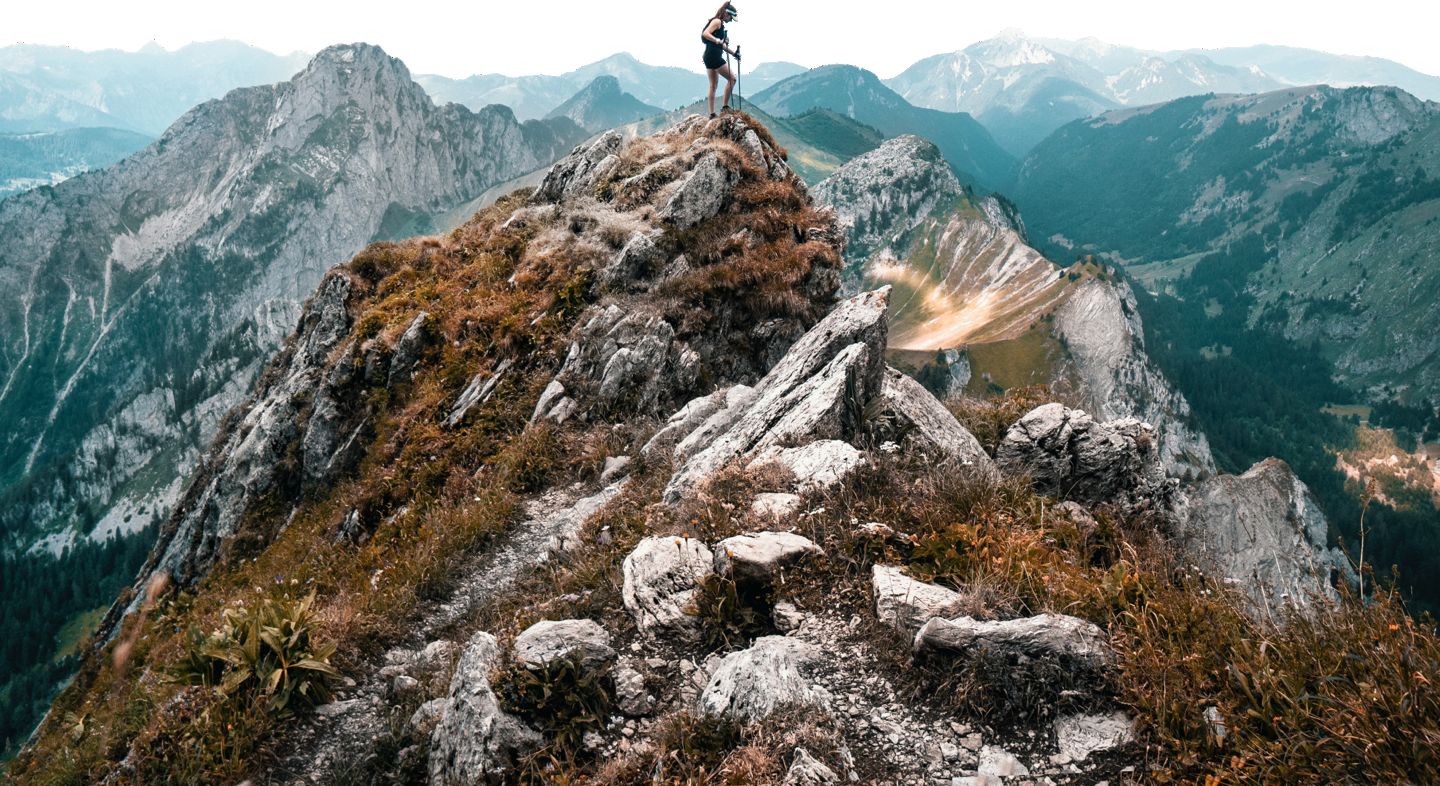Overview
An LZ pioneer
The family-owned and operated Chiawa Camp is the pioneer of the Lower Zambezi National Park, the first camp to settle along the banks of the mighty river, surrounded by abundant wildlife and a raw wilderness.
There are eight open-fronted canvas tents sat up on expansive wooden decks under the shade giant mahogany trees. Each chalet has a vast bed, indoor and outdoor showers, a plunge pool and claw foot bathtubs, all with fabulous views. The breathtaking safari suite is a 220m² sanctuary with its own pool and is ideal for families.
Shared spaces include a lounge waterside dining area where you can look forward to seasonal produce. The vibe here is unhurried with a focus on experiencing nature on game drives, heart-stopping game walks as well as canoeing, boating and angling – all in the company of Africa’s finest guides.
Facts
At a glance
-
Eight tents and safari suite
-
Three
-
Interesting
-
Features
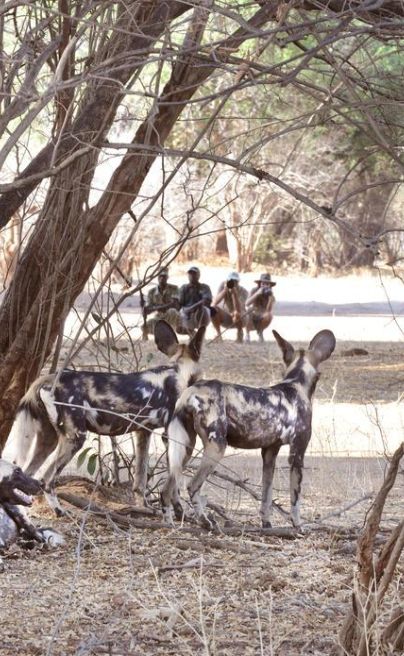
Experiences
-
![Chiawa Camp1]()
Game drives
Head out into the park in openside 4x4 in search of its iconic African wildlife. Usually departing in the early morning and late afternoon when its cooler and the animals are more active. You can also head out on night drives in search of nocturnal species.
-
![Chiawa Camp11]()
Bush walks
An armed ranger and experienced guide will guide you through the wilderness on foot, interpreting spoor, identifying the various flora and fauna, and highlighting conservation issues. Elephants and buffalo are encountered on most walks and sometimes the big cats.
-
![Chiawa Camp4]()
River safaris
Chiawa is one of the few camps permitted to conduct waterborne safaris within the national park. Enjoy morning or afternoon cruises exploring numerous channels, viewing hippo, buffalo, elephant and prolific bird life. Sunset trips are a real highlight.
-
![Chiawa Camp5]()
Canoeing
Although the Zambezi offers many activities, perhaps it is best known for canoeing. 6m long Canadian canoes are used and these trips may last anywhere from an hour to a full day.
-
![Chiawa Camp19]()
Fishing
Old Mondoro is internationally acclaimed as one of the world’s leading fishing destinations. Expert guides are on hand to assist you in finding the notorious tiger fish (with a camp record 10.1kg) which are caught on fly or conventional tackle.
Community & Culture
In the Soli language, Chiawa means ‘The one who shares’ – an appropriate name for such a camp that honours the local people and their traditions. The camp has a number of commitments, including to their staff who they pay above industry standard wages and upskill through training, and the local community from where they hire most of their staff and source as much produce as possible.
Chiawa Camp and its sister Old Mondoro employ more than 70 people within Zambia who, between them, support in excess of 500 individuals, and purchase from more than 100 Zambian vendors, generating well in excess of $1,000,000 per annum in business for them.
Conservation
Chiawa Safaris’ main priority is to protect the biodiversity of the Lower Zambezi by providing a safe refuge sustained by responsible safari operations. When Chiawa, which was the first safari camp ever awarded tourism rights in the LZNP, opened in 1989 the Lower Zambezi National Park had no road access and no parks personnel in the area. Opening trails into the park and bringing in personnel to accompany them heralded the first conservation activity seen in the area in decades. Bush meat, rhino and elephant poaching was in full force and it took the best part of a decade to make significant victories against the poaching.
Since then, the owners have become personally engaged in intelligence gathering and strategy planning of law enforcement activity in the LZ. They constantly lobby all levels of government and private sector for improved Lower Zambezi conservation measures and more sustainable uses for the LZ.
They are thus involved in many activities over the years, supporting numerous conservation projects and being core members of the Conservation Lower Zambezi charity.
Footprint
The carbon emissions of the camp, including all logistical, supply and conservation activities and even domestic flights of guests and management, have been carefully calculated and are offset through the purchase of internationally verified carbon credits through BioCarbon Partners.
Biocarbon Partners operate two forestry conservation programs in Zambia, one on the border of the Lower Zambezi National Park and one on the border of the South Luangwa National Park. Their conservation activities not only protect the forests (which mop up our carbon output) but also protect the boundaries of Zambia’s two prime National Parks from encroachment and poaching – absolutely vital interventions that are worthy of support, even if we were not receiving Carbon Credits.
Example trips
Get inspired
Browse our example trips and get in contact to start planning your very own adventure.
-
Example trips
Get inspired
Browse our example trips and get in contact to start planning your very own adventure.
What makes us different
Why Niarra
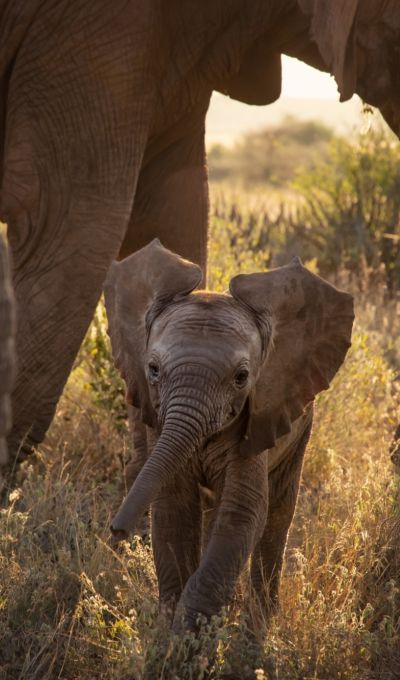
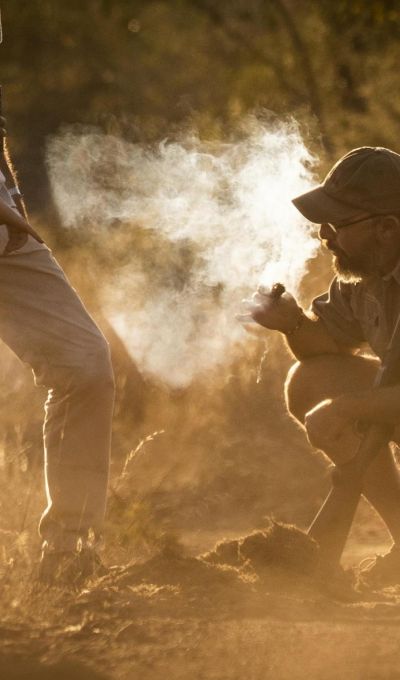
Niarra Travel is a forward-thinking travel company headquartered in London born out of a passion to do things differently.
In Swahili, a Bantu language spoken by millions in Eastern, Central and Southern Africa, the name Niara means "with utmost purpose" and our team are united by a passion for exploration and a belief that the right kind of travel can make the world a better place.
Our Travel Researchers are here to create incredible trips with a positive impact for you.
-
Unforgettable experiences
Creating your trip is entirely collaborative and our Travel Researchers are here for every step.
-
Positive impact
Curated sustainable experiences and accommodation that maximize the benefits to local people and place.
-
Fairness and transparency
An open, competitive pricing structure that ensures more money goes to where it's needed in the destination.
